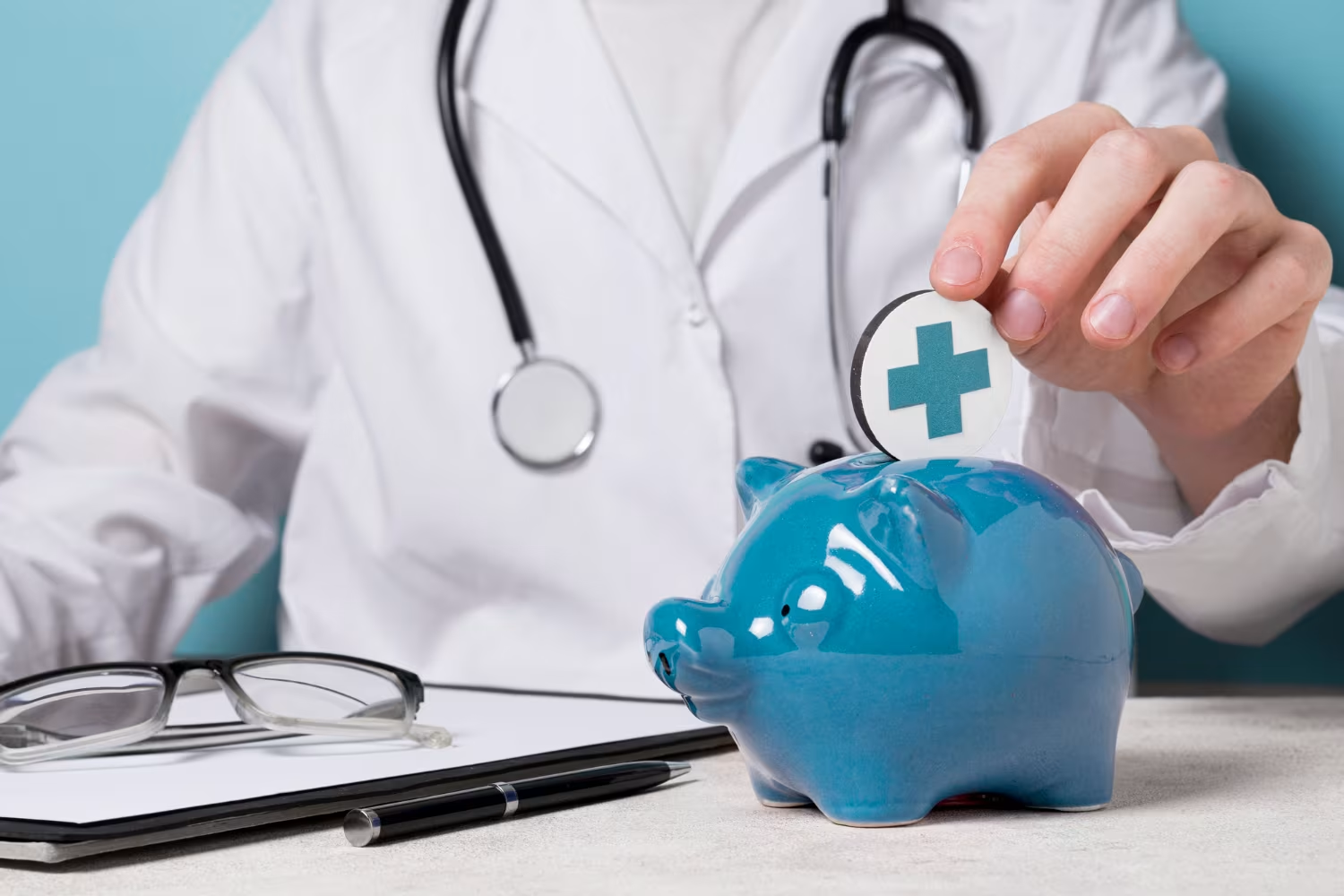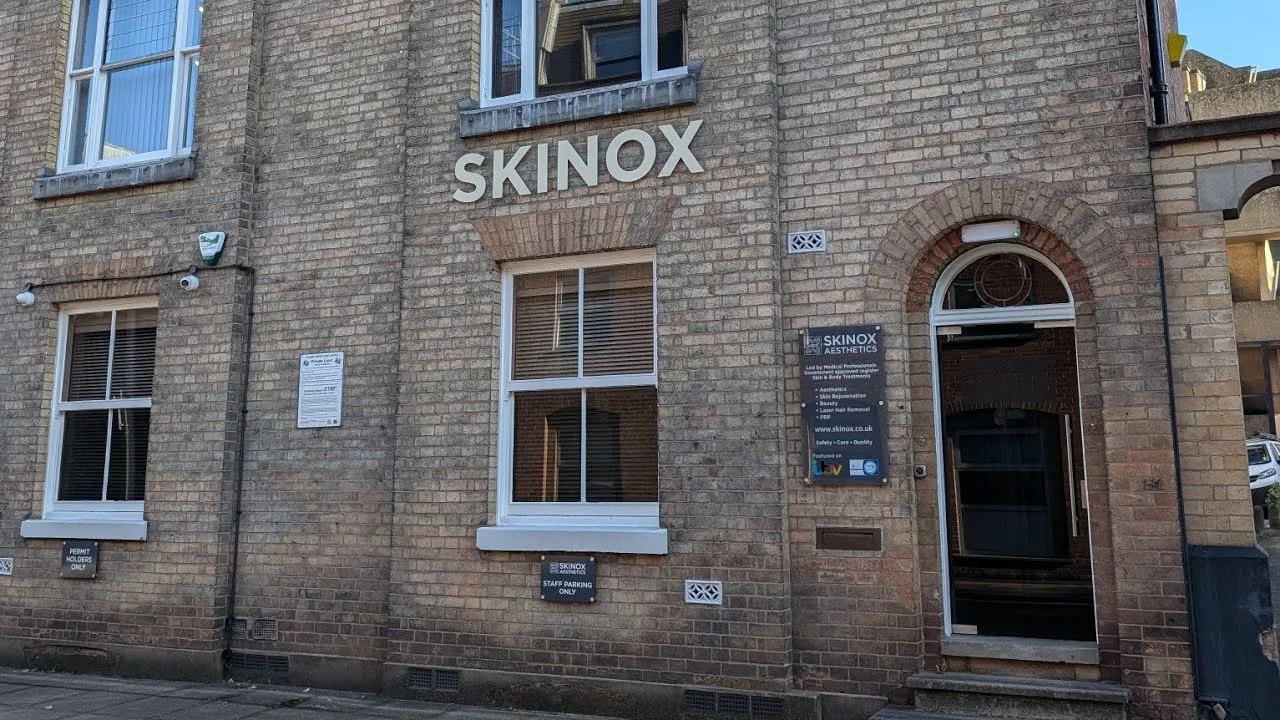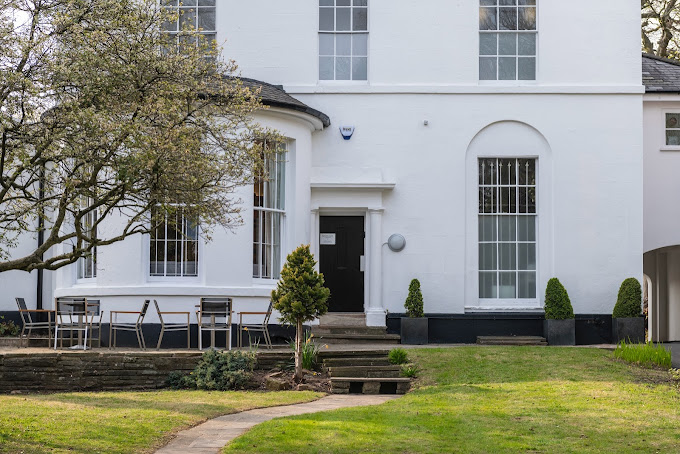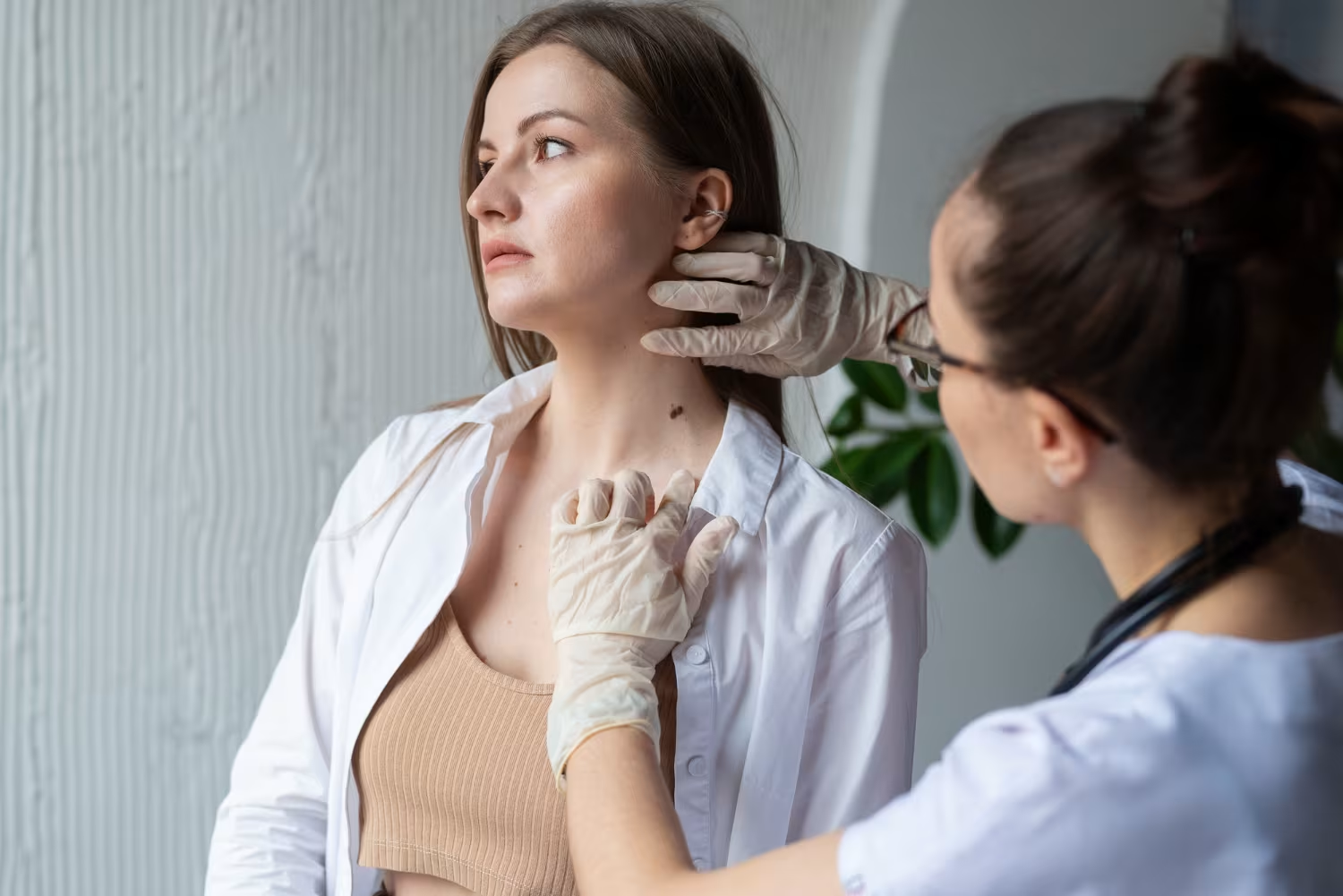
If you've ever wondered about the real difference between booking an NHS GP appointment versus going private, you're not alone. With NHS waiting times growing and more people searching for faster, more flexible care, the number of patients turning to private GPs is on the rise. But how much does it actually cost to go private — and are there any hidden costs to be aware of?
Let's break it down clearly, so you know exactly what you're getting into — no jargon, no fluff.
NHS services are free at the point of use — which is brilliant in theory. But with staff shortages and overwhelming demand, getting a timely NHS GP appointment has become a real struggle. Most NHS appointments are limited to just 10 minutes, and it can take weeks to be seen, especially for non-urgent concerns.
Technically, NHS GP appointments are free, but there are hidden costs:
So, while the cost of a GP appointment on the NHS is zero pounds, the real cost might be your time and health.
Choosing a private GP gives you fast, flexible, and more personalised care. You can often get a same-day or next-day appointment, choose a longer session, and speak to the same doctor each time — all of which can make a big difference.
The cost of a private GP appointment varies depending on where you go and how long the appointment is. On average, here's what you can expect:
At Private Medical Clinic, our prices are competitive and transparent — check out our private GP prices here.
When comparing private GP costs, don't forget to factor in:
For example, private blood tests can range from £40 to £300+, and minor procedures like mole removals can start from around £180.
Still, you're paying for speed, thoroughness, and convenience — and for many people, it's worth every penny.
You might be surprised to learn that private GP appointment costs can be partially or fully covered by:
Providers like Bupa, Medicspot, and Nuffield Health also offer pay-as-you-go GP services with costs ranging from £29 to £250 depending on consultation type.
If you're visiting us often or want regular support, ask about our membership options to help manage costs.
Absolutely. Many patients use private GPs for quick assessments, then get referred back to the NHS for ongoing treatment or specialist services. We can even send your consultation notes directly to your NHS GP to keep your medical records up to date.
Typically, a private GP appointment cost ranges from £40 to £250, depending on the provider, location, and length of the consultation.
If you value fast access, longer consultations, and flexible appointments, yes — for many people, the cost of a private GP appointment is well worth the investment.
Yes, private GPs can issue prescriptions. However, the medication costs must usually be covered by the patient.
Yes, many private GPs (including ours) can refer patients back into NHS care when needed, especially for hospital-based investigations or specialist referrals.
When it comes to choosing between NHS and private GP services, it's not just about money — it's about time, convenience, and the level of care you want. The cost of GP appointment on the NHS might be £0, but the private GP cost buys you quicker access, more attention, and more control over your health.
If you're considering going private, we're here to help. Get in touch with a Private Medical Clinic to book your appointment or learn more about your options.
Related services:





